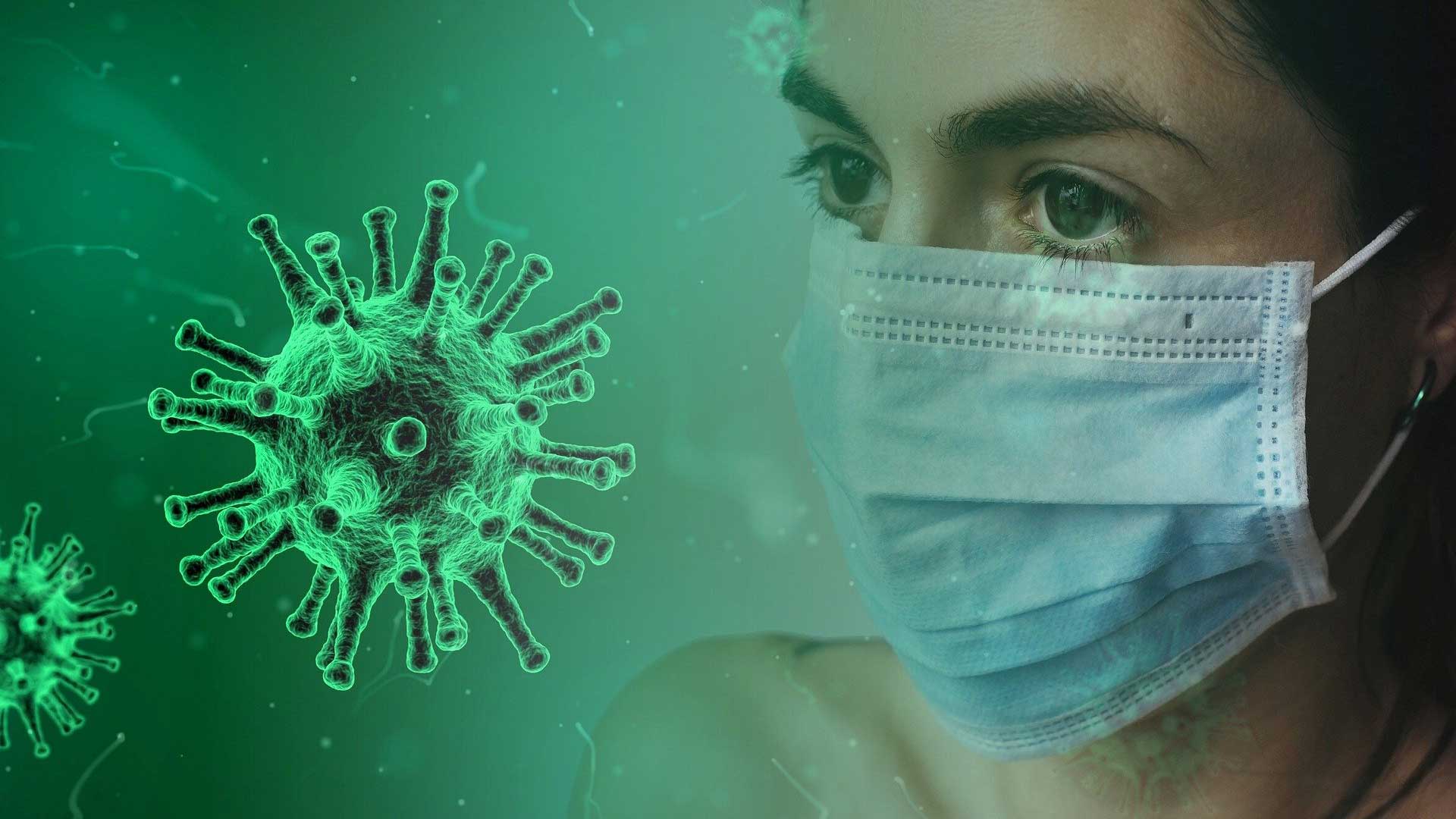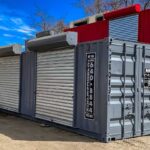As we know, the vaccine of COVID-19 is yet to arrive. So, it’s absolutely necessary to stay vigilant and cautious. If you feel ill with symptoms like dry cough, runny or blocked nose, sneezing, high-fever, tastelessness, and lack of smell, don’t waste your time and immediately do a COVID-19 test. The test can tell you if you are affected by the virus.
Types of COVID-19 tests
It is recommended to do a nasopharyngeal swab as the primary test for Coronavirus. The pathologist will use a special 6-inch cotton swab and insert it inside your nostrils. He will then move the swab around for 15 seconds. The swab will then be sent to a lab for testing. Other tests include:
- Or pharyngeal swab: swab test for mouth and throat.
- Anterior nares swab: swab test for the front of the nostrils.
- Nasal mid-turbinate swab: swab test for the middle of the nostrils.
If you have a wet cough, your doctor might suggest testing the cough as well. Another test called Serology is used to find antibodies against the infection. In that test, two of your antibodies, IgM, and IgG need to be located. For that, you need a swab, spit, or blood test to confirm if you have the antibodies or not.
Who should get tested?
Anyone who has a dry or wet cough, high fever, frequent sneezing problems, lack of smell and taste, etc. People who are more likely to get exposed to the virus are doctors, nurses, workers in the health care facility, people who stay out for their jobs, etc.
How to know it’s an emergency?
If you notice signs like pain or pressure in your chest, confusion, trouble staying alert, or observing a blue tine on your lips or face, you must seek immediate medical help and a thorough check-up. If in a case you can’t get yourself tested, call your doctor and ask what to do.
How to get your Coronavirus test?
COVID-19 testing is available in most countries. They are available in hospitals and health care centers. Some locations need an appointment to make while others are drive-up. You need to schedule an appointment for antibody testing. You will find most locations online. You can also call your doctor, hospitals, or health care providers. If it’s an emergency, explain to them that you need urgent action and cannot seek an appointment.
- Do you have a high fever?
- Does your chest feel pressured or pained?
- Are you sneezing continuously?
- Are you coughing a lot?
- Is the cough wet or dry?
- Have you traveled somewhere recently?
These are a few questions you may get asked. If you don’t have time to get yourself checked, the FDA asks you to do several home tests. The home tests include kits for tests.
What if you don’t want to get out of the car?
If that’s the case, then you can also opt for drive-through COVID tests. Some hospitals and health agencies have set up centers where you can get a test without getting out of your car. You need to register online or via phone, or you need a doctor’s order first. A technician will ask about the symptoms and take your temperature before collecting the swabs.
When can you expect your test results?
It might take 24 hours for a lab to run your test. You can expect to get your result after a few days of testing, based on the lab’s backlogs.
Because the symptoms of Covid-19 is similar to cold and flu, people tend to misinterpret it. Whether you go out or not, whether you don’t feel pressure on your chest, if you are experience symptoms like runny nose, cough, and high fever, you should immediately consult a doctor.











